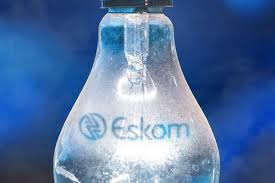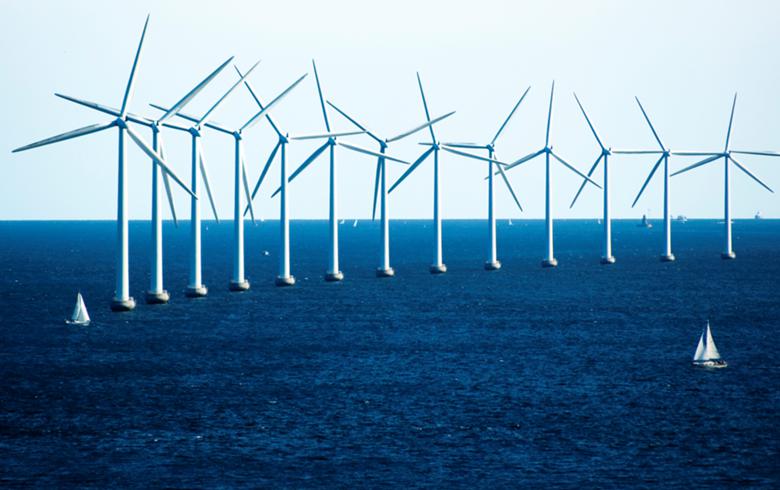
17 October 2016, Sweetcrude, Pretoria — Eskom has alerted the public of a procurement scam using the utility’s name.
Eskom’s forensic department has been inundated with volumes of complaints relating to fraudulent Eskom orders (procurement scam). The scammers target companies across the country using the Eskom name to defraud unsuspecting companies.
“The common method used in the scam is that the victim’s company would receive a bogus Request for Quote (RFQ) either by email or fax with the Eskom logo. The contact person would supposedly be a buyer who is unknown to Eskom and with incorrect Eskom contact details,” said Eskom.
The following scenarios are normally used:
Core business
If the bogus RFQ is reflecting the core items supplied by the approached company:
They would require items in bulk (or high volume of stock) with a total price not less than R1 million.
The RFQ would reflect as if it is coming from Eskom’s Finance Director or Chief Executive Officer.
They would fax forged order forms to the victim and ask them to deliver goods to a specified address.
Rare Equipment
If the bogus RFQ is sent to a company that does not deal with equipment, the method is usually as follows:
They would create a bogus website reflecting a company (bogus OEM) that would be able to provide the specific unique item required.
The referred bogus company is part of the same syndicate, although the numbers reflected would differ from those of the “buyer” so that it would be as if one is dealing with different people / entities.
After submitting the RFQ back to Eskom, a fraudulent order number is issued with delivery date within a short period of time.
Upon engaging this bogus company, they would request an upfront deposit of approximately 50% of the total value.
The deposit would have to be paid into the bank account belonging to a certain individual, not a business account.
In some instances the scammers would try to put pressure to get the whole amount of an order before delivery would be made.
The bogus company would offer to deliver the goods to Eskom on behalf of the victim company, and request to meet the representative of the victim company at the delivery address.
No delivery would be made to Eskom and they would sometimes provide a fake delivery note to the victim company as if the goods were delivered to Eskom and demand the outstanding balance. This would serve as delaying tactics so that they would be able to clear their bank account before the victim registers a criminal case for the bank account to be frozen.
If the victim demands more information indicative of being suspicious, they would avoid taking calls from the victim or they would discontinue using their contact numbers and close the website to open another one.
“The delivery address reflected on purchase orders is either an address that does not belong to Eskom or a correct Eskom address. Where delivery is made to correct Eskom premises, receipt of goods will be done outside the security check point by scammers purporting to be Eskom employees,” said Eskom.
The power utility appealed to the public to verify the authenticity of Eskom orders, suppliers are advised to contact Manase Mathabathe on 011 800 2202 or Dolly Tsitsi on 011 800 6041.
Eskom warned the public against fake email addresses that end with:
*@eskomholdingssupplychain.co.za
*@eskomfinance.co.za
*@eskomprocurement.co.za
*@eskomgroup.co.za
“Please note that these domain addresses change frequently. Because it is also possible that the fraudsters can spoof a correct Eskom e-mail address, suppliers must be vigilant and, where necessary, verify the RFQ using Eskom numbers other than any contact details that appear on the RFQ/order.”



